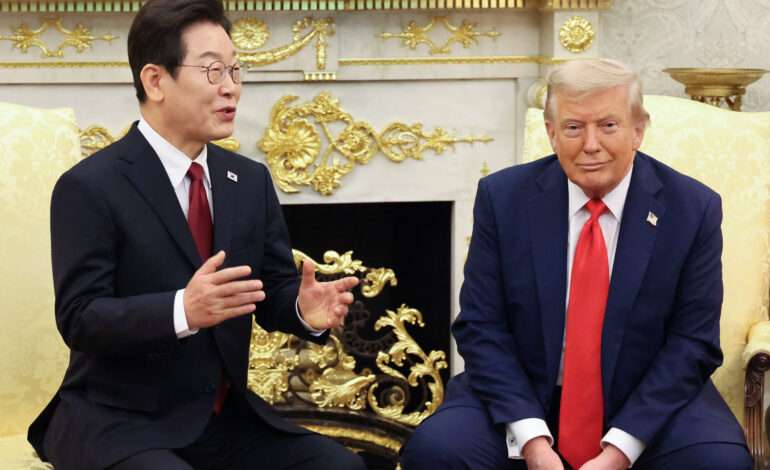
US appeals court strikes down Trump’s reciprocal tariffs; President vows Supreme Court battle
In a major legal blow to U.S. President Donald Trump, a federal appeals court has struck down most of his administration’s global reciprocal tariffs, ruling that the President lacked the legal authority to impose them.
The three-judge panel found that Trump’s use of the 1977 International Emergency Economic Powers Act (IEEPA) to justify tariffs exceeded the statute’s scope. “The statute bestows significant authority on the President to undertake a number of actions in response to a declared national emergency, but none of these actions explicitly include the power to impose tariffs, duties, or the like, or the power to tax,” the court stated.
The ruling, however, delayed implementation until October 14, allowing the administration time to seek further legal recourse. Tariffs on steel and aluminium, imposed under separate legal provisions, will remain in place.
The court emphasized that IEEPA did not grant the President “unlimited authority” to levy tariffs. “The statute neither mentions tariffs (or any of its synonyms) nor has procedural safeguards that contain clear limits on the President’s power to impose tariffs,” the judgment noted.
Reacting on Truth Social, Trump insisted that “ALL TARIFFS ARE STILL IN EFFECT!” and warned that striking them down would “literally destroy the United States of America.” He vowed to challenge the ruling at the U.S. Supreme Court, saying, “Now, with the help of the United States Supreme Court, we will use them to the benefit of our Nation.”
Since returning to office in January, Trump has leaned heavily on tariffs as a bargaining tool in trade negotiations and as leverage against countries resisting U.S. demands. Earlier in May, the U.S. Court of International Trade in New York also ruled that Trump had exceeded his authority in imposing tariffs.
The Supreme Court is now expected to become the final battleground over Trump’s tariff strategy.